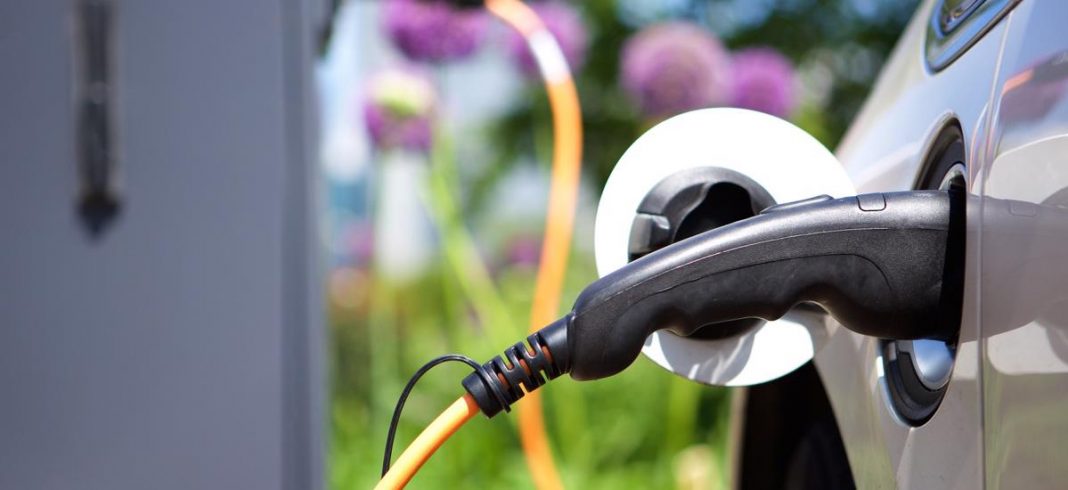UK businesses are set to adopt more than 163,000 electric vehicles this year as part of a major investment in fleet electrification, according to a new study by Centrica Business Solutions.
The increase would see over a third more business operated EVs on the road by the end of 2022, compared to the 121,000 registered by firms last year.
The research also found businesses spent £11.6bn on EVs and supporting infrastructure in 2021 and are planning a 15% spending increase over the next year, taking the total investment in fleet electrification to £13.6bn.
three in five fleet operating businesses said they expect to operate a 100% electric fleet within the next four years, comfortably ahead of the 2030 ban on new petrol and diesel vehicles.
Almost half said they had increased the number of EVs in their fleet over the last 12 months. However, despite the record levels of planned investment, almost two thirds of businesses are worried about accessing public charging points to keep their fleet moving.
To overcome the charging challenge, almost half have installed EV charging points at their premises, with more than a third (36%) planning to invest in on-site charging infrastructure in the next 12 months.
The research also revealed that two fifths (40%) of businesses have invested in renewable energy generation technology such as solar panels to power their fleets, while a further two fifths (43%) plan to do so in the year ahead.
Greg McKenna, MD of Centrica Business Solutions said: “The UK continues to make significant inroads towards achieving its electric vehicle ambitions and it’s encouraging to see UK businesses prioritising investment in the journey towards electrification over the next 12 months.
“Businesses will continue to play a vital role in achieving the UK’s green transport ambitions, but with a record number of EVs expected to enter the UK this year, we must ensure the supply of vehicles and wider charging infrastructure is robust enough to meet the demand. Combining energy technology such as solar panels and battery storage into the wider charging infrastructure will help harness renewables and reduce the demand on the grid during peak charging times.”



